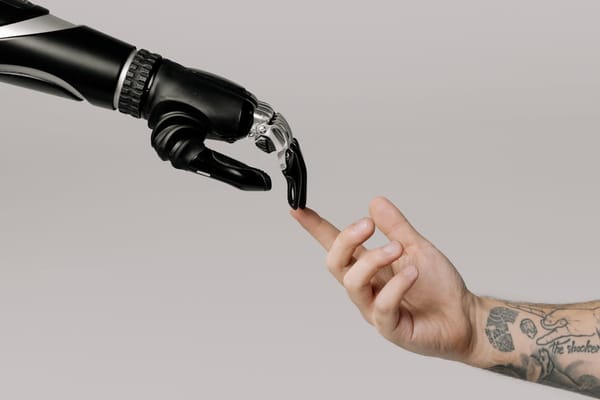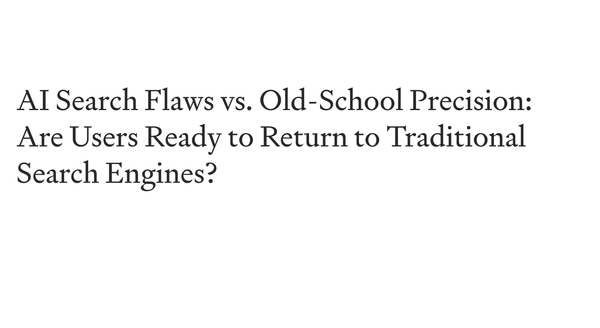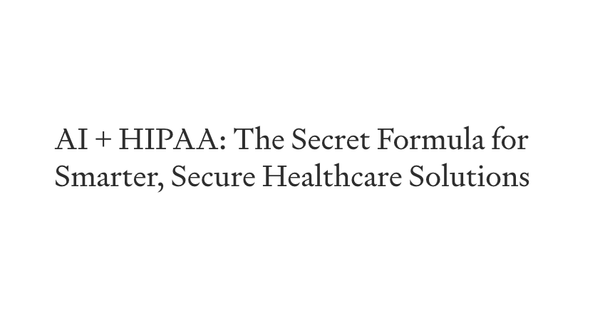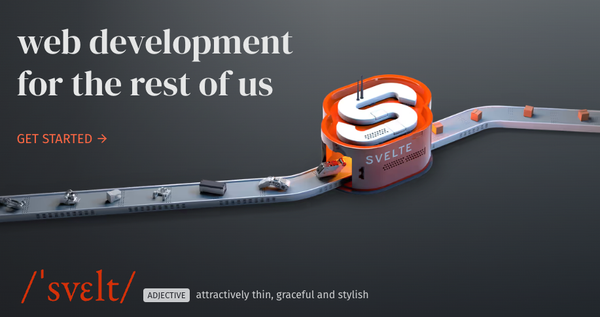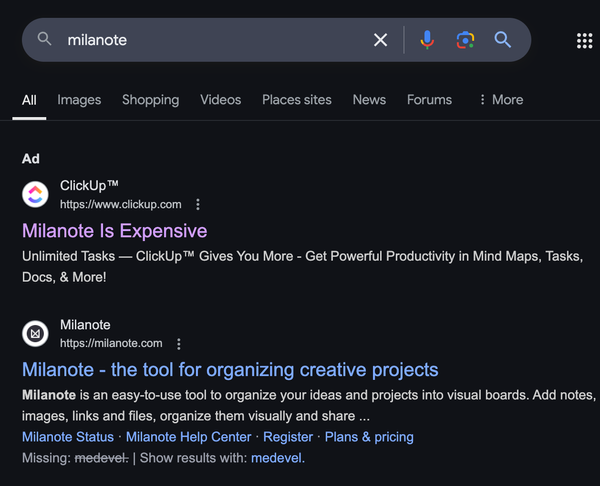Enhancing Healthcare Decisions with RAG Systems: A Smarter Approach
Table of Content
As a doctor, developer and an AI user, I've witnessed firsthand the transformative potential of Retrieval-Augmented Generation (RAG) systems in healthcare.
By combining large language models with real-time knowledge retrieval, RAG systems provide instant access to institutional and medical knowledge bases, empowering healthcare professionals to make informed decisions quickly.
In the slow-paced world of healthcare (Yes it is slow, so slow in-fact), making quick and accurate decisions is crucial for patient outcomes. Imagine a doctor in the emergency room who needs instant access to a patient's medical history and the latest treatment guidelines.
This is where RAG systems come into play, revolutionizing how healthcare professionals gather and use information.
What Are RAG Systems?
RAG systems are like having a super-smart assistant that combines the latest medical knowledge with real-time data to help doctors make better decisions.
These systems are a blend of advanced technology that understands and generates human language, and mechanisms that retrieve specific, up-to-date information from various sources.
How RAG Systems Support Doctors
1. Bridging Knowledge Gaps:
RAG systems connect doctors to the most current medical knowledge, reducing diagnostic errors and improving patient outcomes. For example, a general practitioner can quickly access insights on rare diseases or the latest surgical techniques.
2- Summarizing Complex Data:
Medical records often contain a mix of structured and unstructured data. RAG systems can summarize this information, providing doctors with a clear and comprehensive view of a patient's condition without hours of manual analysis.
3- Real-Time Clinical Decision Support:
In critical situations, RAG systems offer actionable recommendations. Imagine a doctor treating a patient with chest pain; the system can suggest differential diagnoses and evidence-based treatment protocols on the spot.
4- Continuous Professional Development:
Healthcare is constantly evolving, and RAG systems help doctors stay updated. They can notify practitioners about new treatment protocols or research findings relevant to their cases.
Real-World Applications
- Oncology Diagnostics:
RAG systems provide insights into tumor staging, genetic markers, and prognostic factors, aiding in personalized treatment plans. - Emergency Medicine:
Integrated with hospital records, RAG systems offer instant summaries of patient histories and suggest treatment pathways. - Rare Disease Management:
These systems retrieve case reports and treatment guidelines from specialized databases, highlighting experimental therapies and clinical trials.
Benefits for Healthcare Providers and Organizations
- For Doctors:
Improved accuracy, time-saving, and enhanced confidence in decision-making. - For Organizations:
Operational efficiency, cost reduction, and improved patient outcomes.
Challenges and Considerations
While RAG systems are powerful, challenges exist. Ensuring data privacy and security is paramount, as is the seamless integration with existing hospital systems. Reliability of the information retrieved is also crucial for building trust.
Open-Source RAG Solutions
Tools like LangChain, Haystack, and FAISS are available for healthcare providers to build custom RAG systems. These tools are like building blocks, allowing hospitals to tailor solutions to their specific needs.
Conclusion: A Bright Future with RAG Systems
RAG systems are transforming healthcare by providing real-time, data-driven support. They empower doctors to make smarter decisions, streamline workflows, and ultimately improve patient care.
Imagine a future where RAG systems are as essential in hospitals as stethoscopes, helping doctors provide the best possible care. By leveraging these tools, we're taking a significant step toward a future where healthcare is smarter, faster, and more personalized.


